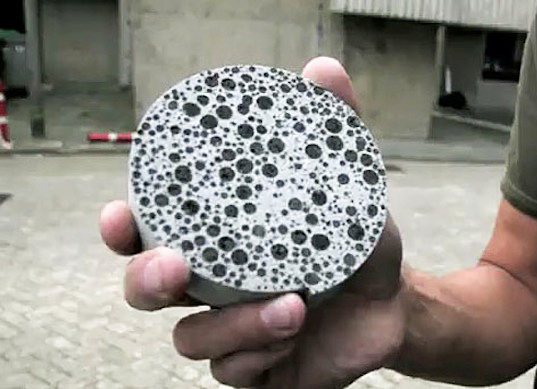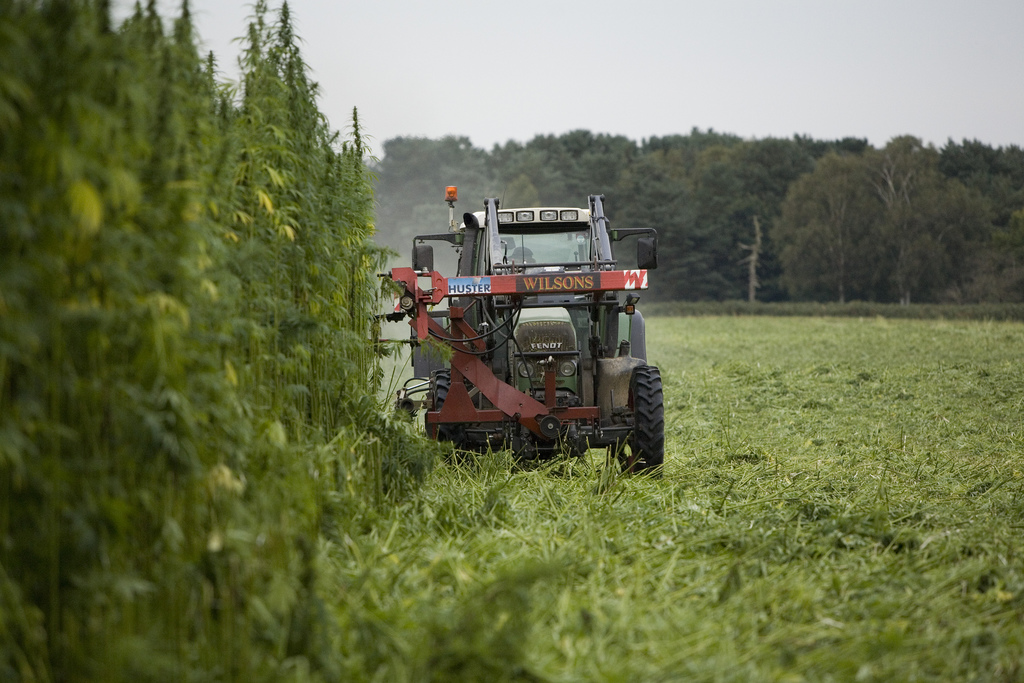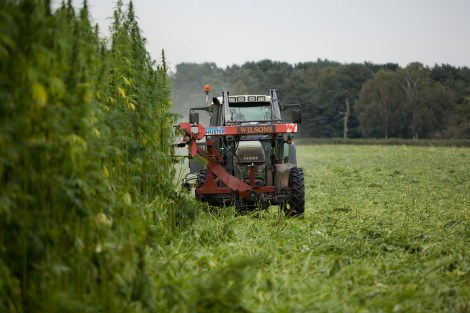Yesterday, we ran through some of the consequences of newly legal weed in Colorado and Washington for local ecosystems and power grids. But those new marijuana laws also specifically allow for the cultivation and processing of super eco-friendly hemp, which could — at least in theory — be an environmental game changer.
Hemp completely dominated the U.S. textile market before the invention of the cotton gin. Some believe cannabis was originally made illegal by William Randolph Hearst and Dupont looking to knock hemp out of the market to protect their investments in timberlands and petrochemicals.
Hemp and marijuana are genetically distinct but are both regulated as Schedule I narcotics, even though if you smoked a bowl of hemp you’d end up with lungs full of smoke and no THC high. Textiles, biofuels, foods — that’s where hemp really shines. (Vanilla Tempt hemp milk is kind of amazing, you guys, I swear.)
Here Slate’s eco-advice columnist half-heartedly makes a case for polyester as the best textile (um, ew), but ultimately admits: “Overall, hemp appears to be slightly easier on the environment than cotton, superior on water and land requirements, and only slightly worse for energy use.”
Currently we get our hemp for hippie chapsticks, tote bags, etc. from Canada, where the industry is booming. From CBCNews:
Kim Shukla, executive director of the Canadian Hemp Trading Alliance, says production in this country is forecast to almost double by 2015.
“That will translate to about $100 million to the Canadian economy,” she said from her farm near Steinbach, Man. …
U.S. officials have no problem with Canadian-grown hemp products. Demand for health food and other products derived from the plant is high.
“Everyone is much more conscious about their health,” she said. “That is a market that hasn’t even nearly reached what the potential is.”
The hemp business is downright respectable in Canada.
But will farmers in Washington and Colorado actually start growing the stuff? Some are skeptical. The Associated Press reports:
Farmers who say they have enough to worry about with drought and crop diseases don’t want to also be left wondering whether federal drug agents will come knocking.
“Farmers are already engaged in a high-risk endeavor,” said Roy Kaufmann, a spokesman for Oregon’s pot initiative. “That weariness of potentially facing federal action is just too much of a disincentive.”
Even if they do start growing hemp, would that decision pay off?
A Colorado corn farmer who serves in the state Legislature, Republican state Sen. Greg Brophy, suggested hemp’s commercial potential could be hampered by high prices for corn, wheat and soybeans. Growing corn right now is “like owning your own ATM,” he said.
If the federal government ever allowed it, hemp could kick corn’s sorry subsidized ears. But even with Oregon Sen. Ron Wyden (D) fighting the good fight with a proposed farm bill amendment, I for one won’t be holding my breath.





